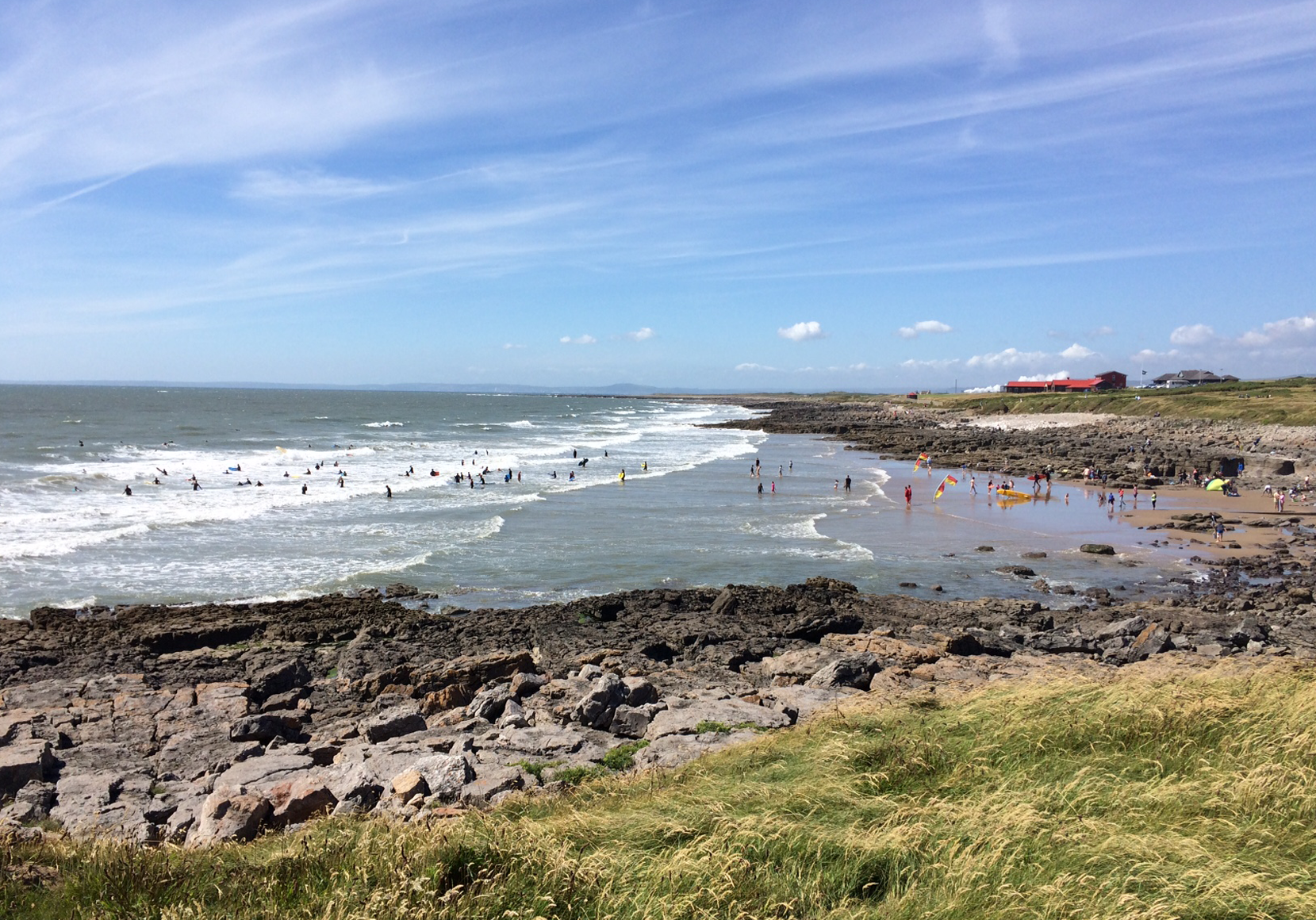Community asset transfers now ‘more vital than ever’
Poster information
Posted on: Thursday 24 October 2019
Senior councillors at Bridgend County Borough Council are urging more organisations, sports groups and town and community councils to come forward and take on the running of popular facilities such as toilets, pavilions, playing fields, pitches, playgrounds and more.
The call follows a reluctant decision to stop providing subsidies of up to 80 per cent for playing fields and sports pavilions across the county borough, and to move to a position of full cost recovery instead.
Made after an extensive public consultation on proposals designed to cover multi-million pound shortfalls in the amount of funding the council receives, the decision is one of several covering how a number of popular non-statutory services will be provided in future:
- Grass cutting: The cutting of grass along roadside verges and on open grassland will be reduced from seven to five times a year, and will be discontinued in specific areas.
- Playing fields and sports pavilions: Fees will increase from September 2020 for the use of council-maintained playing fields and sports pavilions as the authority seeks to recover the full cost of using them instead of providing a subsidy of up to 80 per cent. Facilities which have been subject to Community Asset Transfers will be exempt from this.
- Development fund: Money will be set aside for supporting young or disabled users of playing fields and sports pavilions.
- Children’s play areas: The council will continue to provide and maintain all 108 play areas while encouraging town and community councils to take on them on via community asset transfers.
- Bowls clubs: Grant arrangements with bowls clubs will be discontinued, and existing lease arrangements will be regularised as the council moves towards full cost recovery.
- Newbridge Fields: A separate strategy will be developed for the management and operation of the various facilities available throughout Newbridge Fields.
With 1,830 responses to the consultation, 94 per cent of participants indicated that they valued children’s play equipment, and 71 per cent supported local town or community councils taking over the responsibility for operating them.
Just over half of all participants (51 per cent) said that they agreed with the proposal to reduce grass cutting in open spaces and on road side verges, and 55 per cent thought that some open spaces should be uncut and allowed to return to a more natural habitat.
As regards increasing fees in order to recover the full cost of using the county borough’s 43 football pitches, 40 pavilions, 25 rugby pitches, 14 bowling greens and six cricket squares, 47 per cent of respondents indicated that town and community councils should consider taking on responsibility for the running and self-management of such facilities, while 43 per cent believed the responsibility should pass to sports clubs or community groups.
The council organised the consultation on the proposals after revealing that because of reductions in the amount of money it receives for the provision of services, a shortfall of £36.4m must be covered over the next four years.
The authority has previously provided rugby, football and cricket clubs with a financial subsidy of up to 80 per cent, but has been warning since 2016 that this would no longer be possible in the face of shrinking budgets and increasingly limited resources.
One of the most interesting aspects of the feedback to this consultation is how it has highlighted a growing public expectation for councils, organisations and community groups to work together at all levels in order to ensure that communities can continue to benefit from facilities such as these.
What this means in practice is that we need more groups and organisations to come forward and work with us on developing community asset transfers which will help keep facilities open and available.
We are currently in discussions regarding 62 community asset transfers. Seventeen organisations have contacted the council in respect of 98 different assets, and the majority of approaches have been from sports clubs and associations regarding the self-management of pavilions and playing fields. Seven town and community councils are currently progressing applications for facilities such as public toilets, community centres, playing fields and playgrounds, and I think it is safe to say that until funding for local council services increases, we are going to see more of these transfers taking place.”
Councillor Richard Young, Cabinet Member for Communities
I would like to thank everyone who took part in the consultation and helped inform our final decisions. As a result of this participation, we have been able to shape the final proposals so that they reflect public feedback as much as possible. We have not made these decisions lightly, and would much rather be in a position of having sufficient resources to go on continuing to provide them at minimal cost to users.
While we accept and understand that such facilities are valued by local communities, the harsh reality of the funding situation we face means that our resources are being focused upon statutory services which we are legally required to provide, the majority of which are designed to protect the most vulnerable members of the community.
We will need to increasingly work together to find alternative ways of preserving these valuable community facilities, and while it is encouraging to see so many discussions taking place with community groups, sports clubs and town and community councils, we need more organisations to come forward and discuss how they too can help keep these facilities open and available.
Council Leader Huw David

